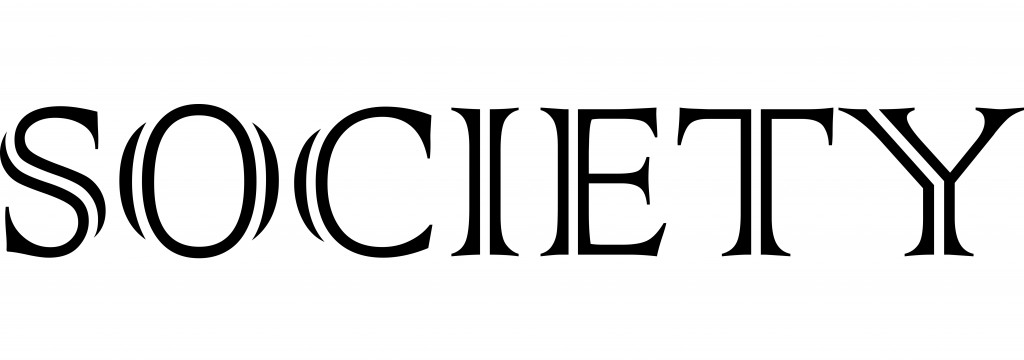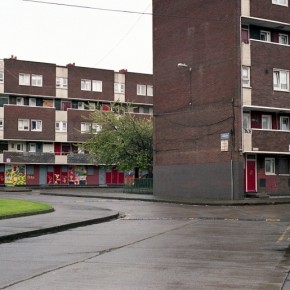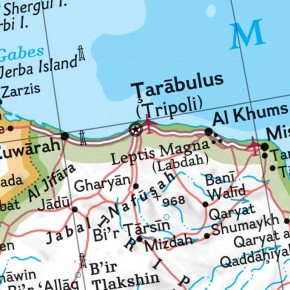
A floating dilemma: the Mediterranean crisis
Amnesty International reported July 2014 that at least 2,600 individuals had died attempting to cross the Mediterranean since 2011. In the nine month period between October 2013 and June the following year, 43,430 would be migrants were rescued by the Italian Navy as part of Operation Mare Nostrum, a rescue initiative which cost the Italian...

Curing the Health System: UHI in Ireland
The Irish healthcare system cannot accurately be described as being either public or private in nature, but rather a mesh of public and private, non-profit and for-profit institutions. The inefficiencies of the current hybrid system are painfully evident, while the inequality of service provision, typified in the current layout where hospital consultants are paid a...
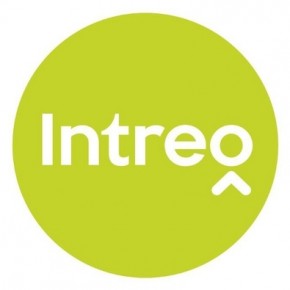
After the Tiger: Active Labour Market Policies in Modern Ireland
The severity of the economic crisis, coupled with rising unemployment figures, has exerted considerable pressure on stretched social welfare provisions, raising questions on the efficacies of the welfare systems of the state. In particular, it has been queried whether a more proactive approach in returning unemployed jobseekers to the active labour market ought be taken...
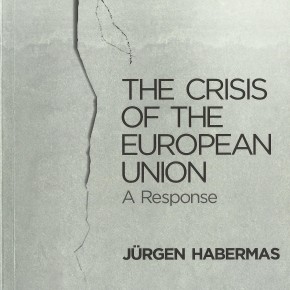
In review: ‘The Crisis of the European Union: a response’, by Jürgen Habermas
Jürgen Habermas, in “The Crisis of the European Union: a response” presents a powerful case for (a) the expansion of the powers of the European Union and (b) (more explicitly than in the case of (a)) the creation of a European “demos” or “civic solidarity” (p. 53). I shall address his arguments for both (a) and...
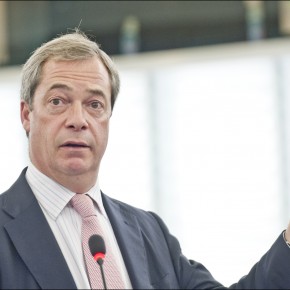
Geopolitical preferences and the Securitization debate
The recent events in Paris have again brought the debate of securitization to the fore in European political dialogue. The acts, perpetrated by members of a minority ethnic community against a bastion of francité – the free press, has been decried not only in France, but across Europe as a continent and further afield. In its wake,...
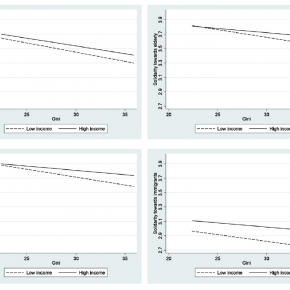
A case for increased social expenditure
Termed by media outlets as the closest thing to a ‘give away budget’ since the Celtic Tiger heyday, Budget 2015 was intended to ease the fiscal pain placed on Irish society during years of Austerity. Yet, while fiscal relief is indeed to be welcomed, this author feels that the latest budget was a missed opportunity...
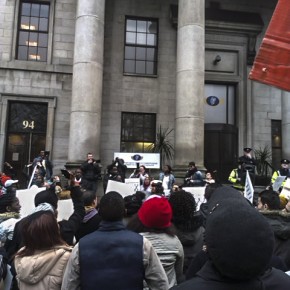
Social Costs of Direct Provision
A clear majority of Irish voters approve of the current Direct Provision policy towards asylum seekers [1]. Support for the policy is strong across all social classes, but is especially popular among DE voters, and, surprisingly, among young voters (18 to 34). Given such broad popular support for the current arrangement, it is unlikely that any change...

Water: Economics and Equitability
The economics of water is about trying to understand water scarcity and the values of water, as well as how to ensure that our broadly defined needs are understood, that costs and benefits of choices are clear and that the impacts of alternative pricing schedules are clarified (Joyce and Convery, 2009, p. 377). Implying that water...
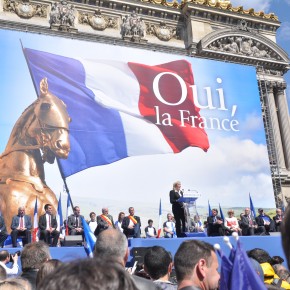
The Far-Right in Europe: Nightmare Scenarios and Inevitabilities
Last Sunday Sweden went to the polls to elect its national legislature. The result was the replacement of a minority centre right administration with a minority centre left one. In Europe an occurrence such as this (or its reverse) is generally of only passing interest. On this occasion, however, the most startling result of the...
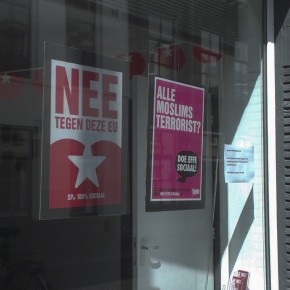
Islam in Ireland: integration and education
Ireland’s Muslim community is relatively unique in Europe, in that the original influx of Muslims from abroad largely comprised of highly educated individuals and their families, for the most part coming to work in the Irish health service or other public sector positions. Unlike in other European states where most Muslims hailed from a particular...

Scottish independence: beyond identity
In less than one month’s time Scotland will hold a referendum on independence from the United Kingdom. This referendum was initially expected to yield an easy victory for opponents of independence, and while opinion polls still indicate a lead for the “No” option in the independence debate (of varying strength) it has become clear that...
